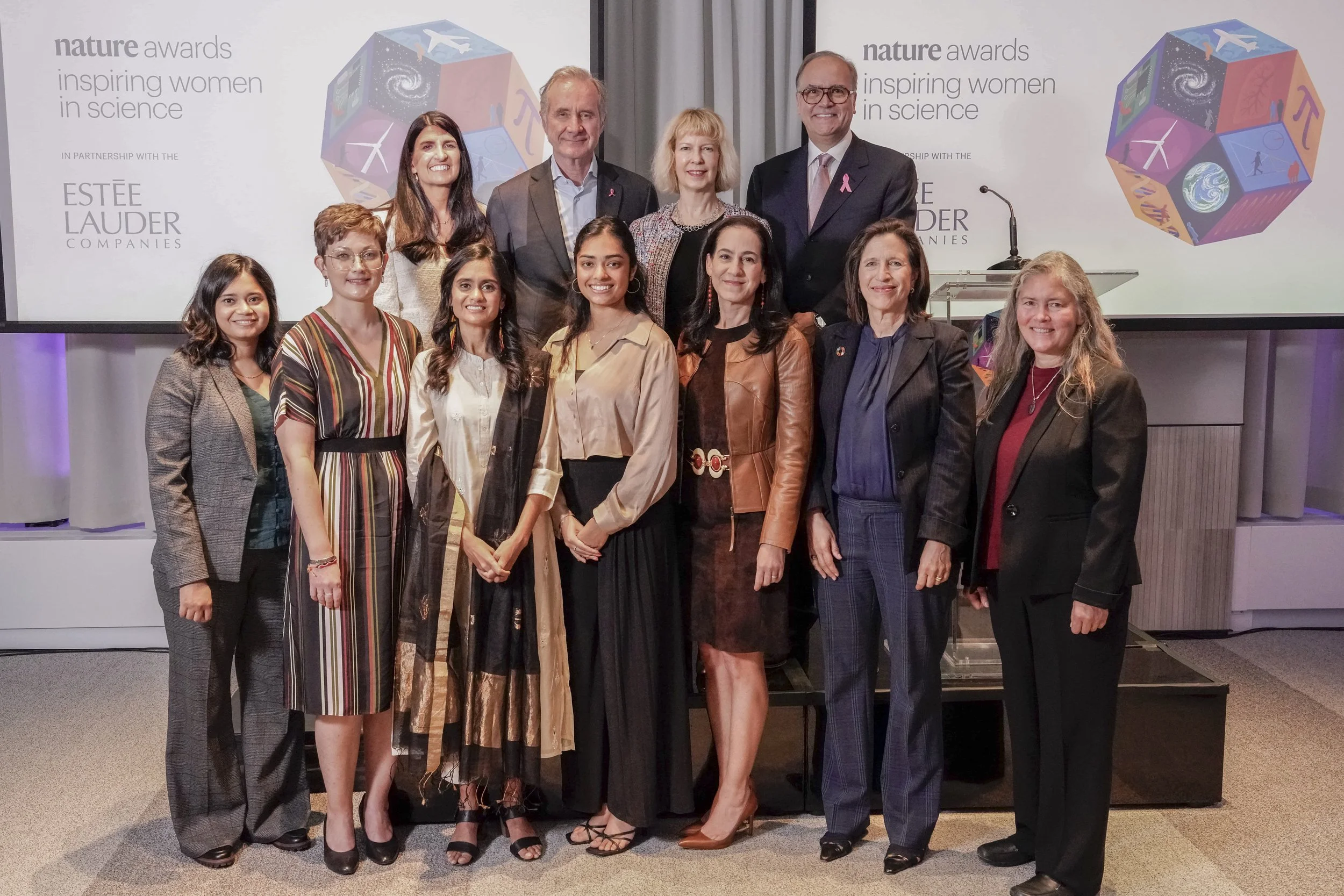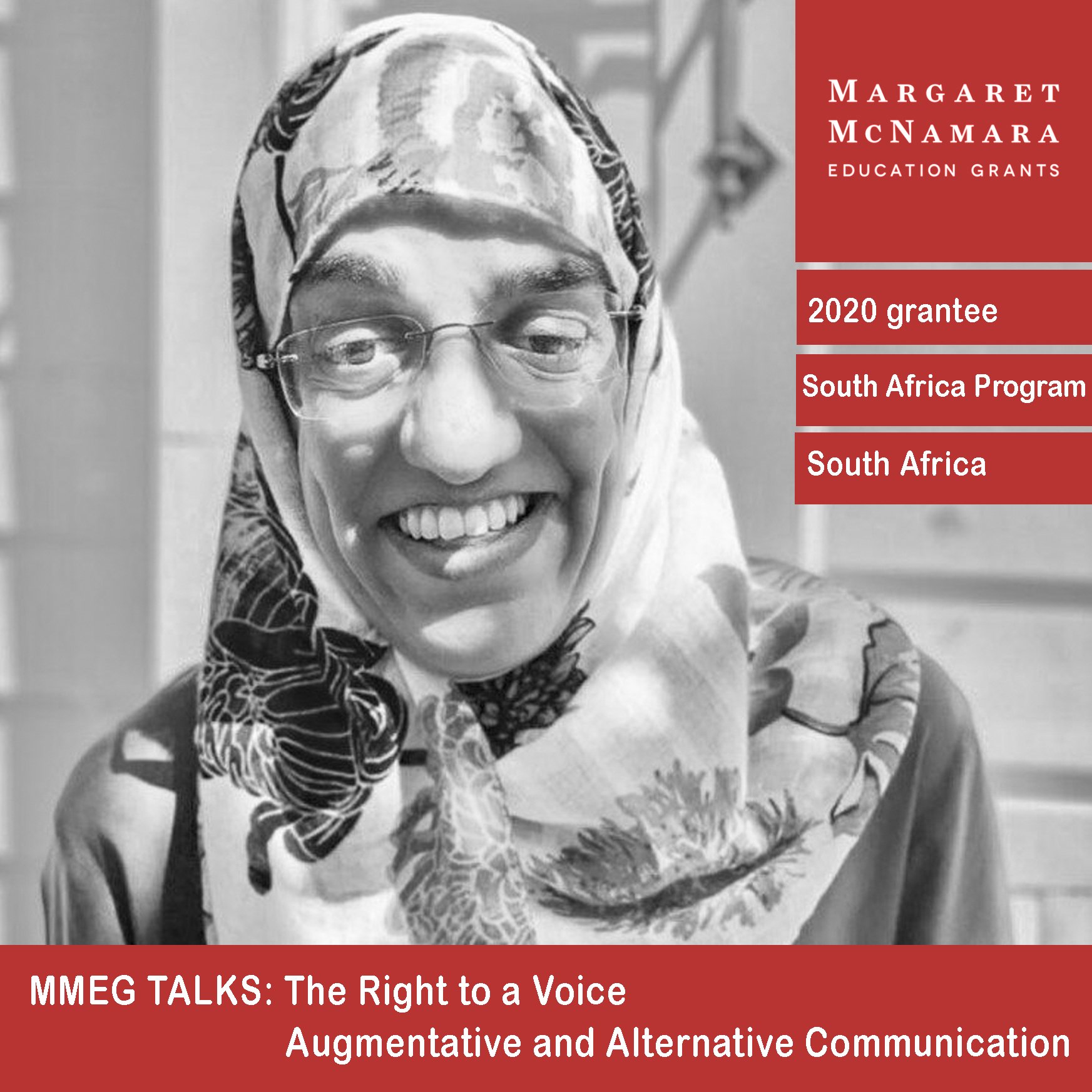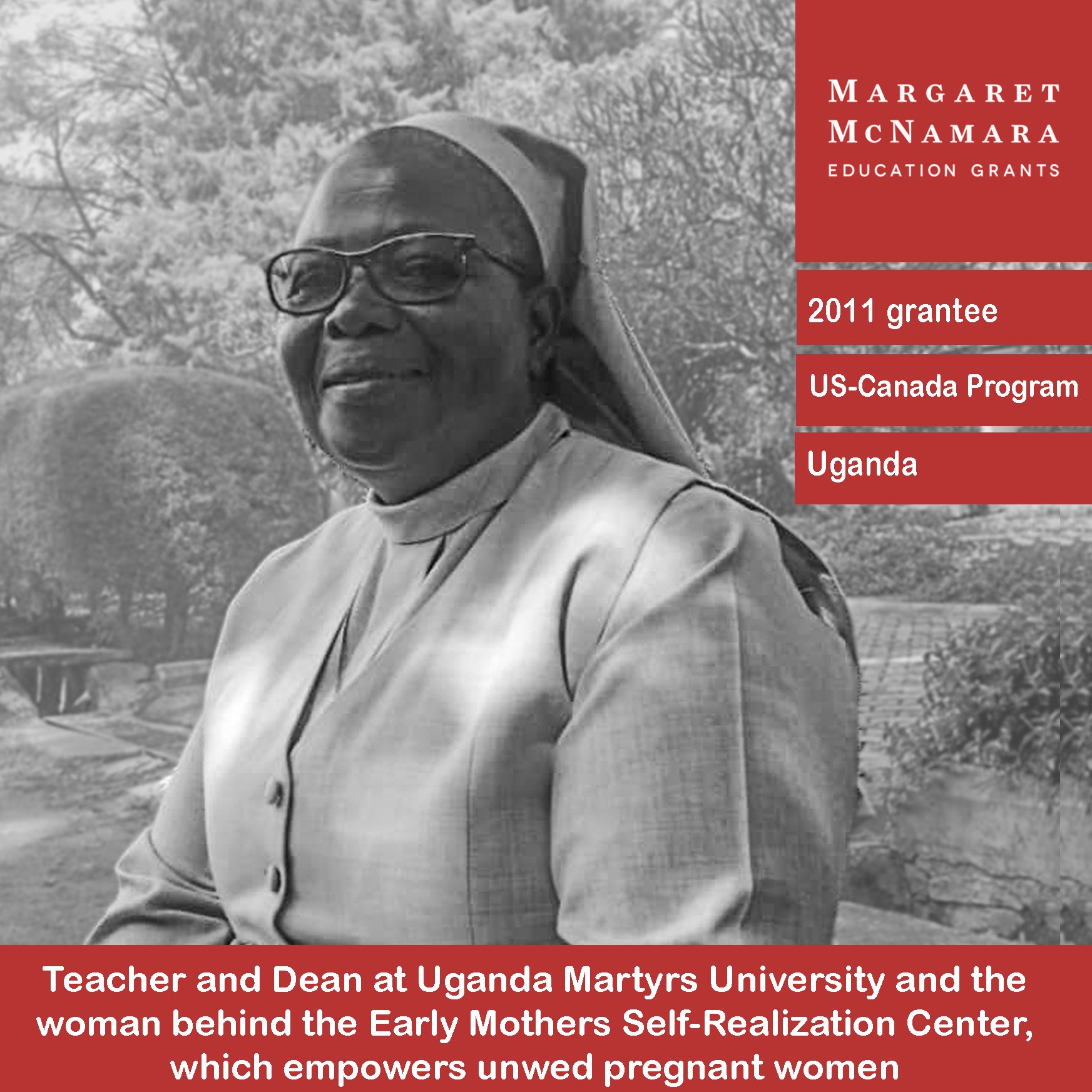Rubina was born in Sargodha, Pakistan, into a Christian family. As a girl from a small village and a minority community, she battled the odds to obtain a BSc in chemistry and become a lecturer in chemistry at the Government Girls College in her hometown. Later, Rubina moved to take on human rights work and improving the situation of minority women in Pakistan.
MMEG awarded Rubina a $15,000 grant in 2013 to support her pursuit of a PhD in leadership studies at the University of San Diego, California. Rubina says the PhD raised her profile, gave her transferrable skills, and increased her influence and credibility.
Rubina’s story perfectly exemplifies what MMEG seeks to do: identify and support exceptional women to acquire the tools provided by higher education to continue to pursue their goals. Today, Rubina is an internationally recognized human rights professional, community leader, researcher, and leadership consultant.
Since 2009, Rubina has worked with and served as Executive Director of the Taangh Wasaib Organization (TWO) in Sargodha, supporting and promoting marginalized communities. TWO’s achievements under Rubina’s leadership include:
• introducing human rights education programming in over 200 schools;
• training women’s groups to report violence against women;
• supporting over 500 victims with counseling and legal aid;
• initiating income-generating and leadership skill programs for women;
• launching “16 Days of Activism against Gender-Based Violence” campaigns;
• developing and supervising flooding relief projects for more than 1,000 families; and
• producing documentary films and theater on domestic violence.
Rubina was the first minority woman appointed, in 2020, to Pakistan’s National Commission on the Rights of the Child. Today, she works as a catalyst for change: developing community leaders, breaking the cycle of poverty for many through increased employment opportunities, and providing a strong role model for women in her community.
Rubina’s goals include improving access to employment and education reserve quotas for minorities, bringing minorities into all levels of political decision making, and developing regional and national policies in support of minority children.
A grant from MMEG made a difference in Rubina’s life and, through her, continues to change the lives of numerous women and children.























